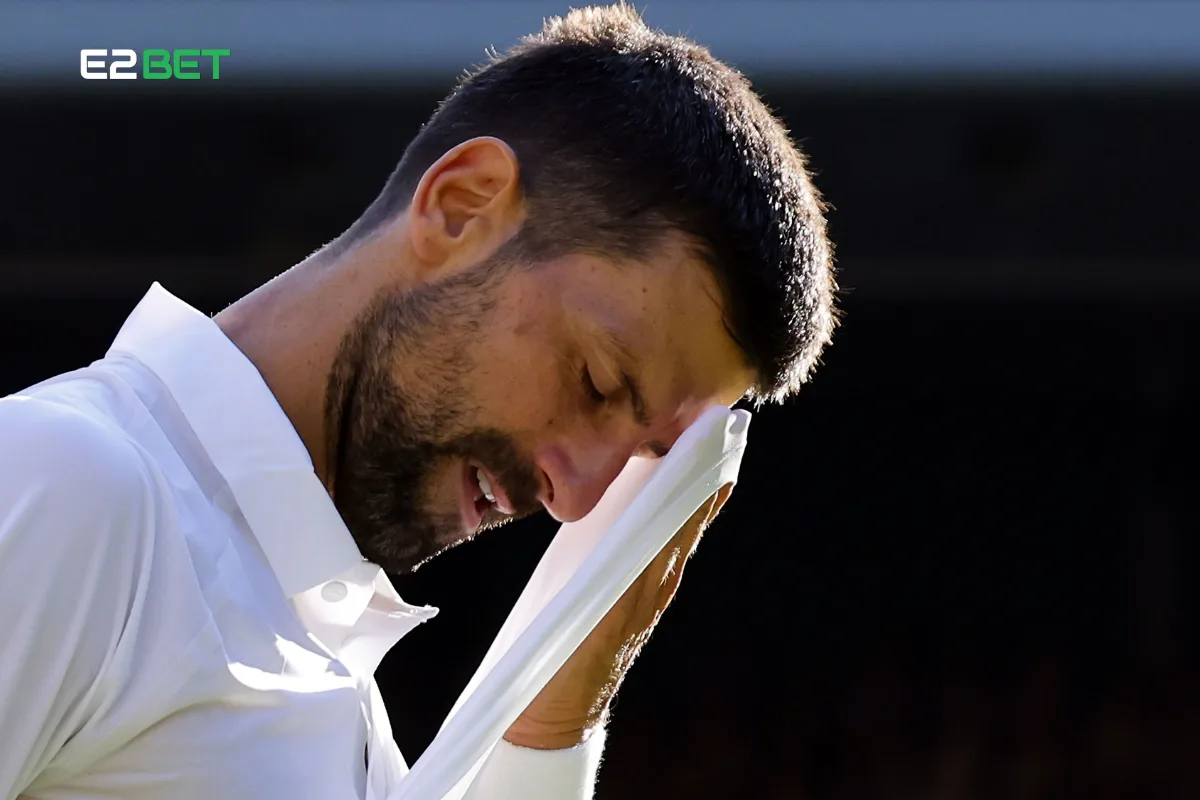The Longevity of Novak Djokovic’s Career
Novak Djokovic’s career is a testament to athlete longevity in the demanding world of professional tennis. Known for his exceptional mental resilience and physical conditioning, Djokovic has maintained top form well into his 30s—a period when many tennis players experience performance decline. His strategic gameplay and endurance levels have set a high benchmark in the sport, proving that age can be just a number with the right training regimen and sports nutrition.
How Djokovic Defied Aging in Tennis
Djokovic’s ability to turn back time was no accident. His rigorous training routine and recovery techniques helped delay the typical signs of aging in athletes. Using injury prevention strategies and embracing advanced recovery methods, he managed to keep his physical fitness at an elite level. The mental toughness Djokovic displayed on court, combined with his adaptive tennis strategy, helped him stay competitive against younger players.
Challenges of Aging for Top Athletes
However, even with the best physical conditioning and sports medicine centers supporting him, aging athletes face inevitable challenges. Physical wear and performance consistency become more difficult to maintain over time. Djokovic’s recent struggles highlight how the psychological impact and physical wear catch up, despite years of injury rehabilitation and mental conditioning exercises designed to prolong his athletic peak.

Djokovic’s Current Performance and Future Outlook
As the tennis legend competes in the professional tennis circuit today, fans and analysts watch closely to see how he adapts his tennis techniques. The ATP tennis rankings have seen shifts, reflecting the natural aging effects even on the greatest players. While Djokovic’s match highlights still impress, the need for strategic gameplay changes and endurance training becomes more evident.
The Role of Mental Strength in Sustaining Success
The mental strength in sports like tennis is crucial for longevity, and Djokovic’s mental resilience has been key to his sustained success. His psychological conditioning exercises off-court complement his physical fitness tips, helping him recover better and stay focused during intense tournaments such as Wimbledon and other Grand Slam events.
Conclusion
Novak Djokovic’s career demonstrates that with the right combination of physical conditioning, mental toughness, and adaptive strategy, athletes can extend their prime years. Still, no athlete can completely escape the natural aging process, and Djokovic’s recent experiences remind us of this reality. His journey offers valuable lessons in endurance training, injury recovery, and the importance of a championship mindset.
FAQs
Q1: What is Novak Djokovic’s training routine?
A1: Djokovic follows a mix of endurance training, injury prevention, and mental conditioning exercises tailored to maintain his peak performance.
Q2: How does Djokovic handle injury recovery?
A2: He uses advanced recovery techniques, including physiotherapy and sports nutrition, to prevent and heal injuries efficiently.
Q3: What role does mental strength play in Djokovic’s career?
A3: Mental resilience helps Djokovic stay focused and competitive, particularly in high-pressure Grand Slam tournaments.
Q4: How has Djokovic adapted his tennis techniques over the years?
A4: He continuously evolves his strategic gameplay to compensate for changes in physical capability due to aging.
Q5: Can other athletes learn from Djokovic’s longevity?
A5: Absolutely. His approach to training, recovery, and mental toughness provides a valuable model for extending athletic performance.